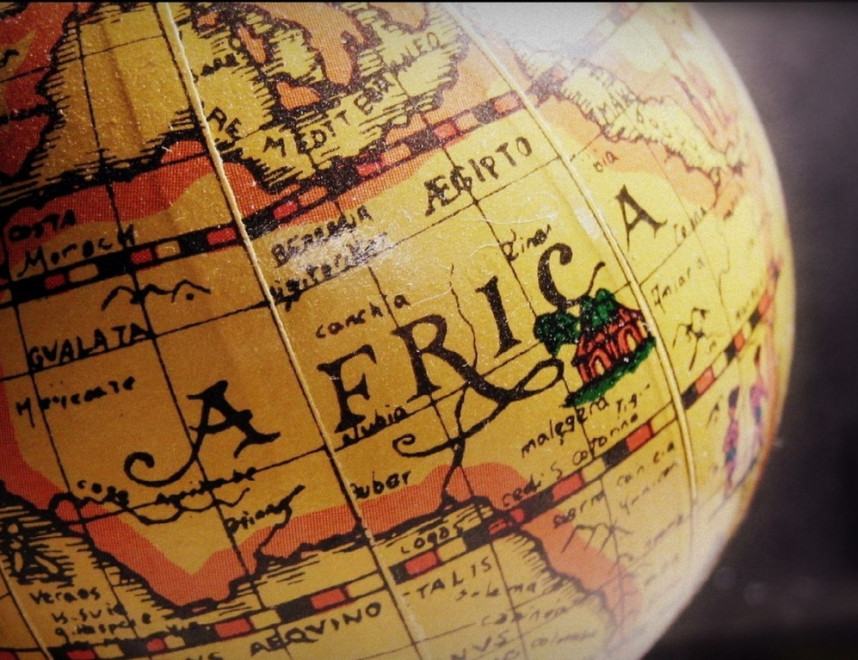In recent years, Africa has become a hotbed of technological innovation. The spread of mobile technology has spurred new companies, such as delivery service MamaMikes, which allows dispersed family members to send gifts, and energy provider M-Kopa Solar, which now provides energy to a reported 150 000 homes across East Africa.
This shift has transformed Africa’s investment landscape. African developers will continue generating cutting-edge technology in the coming years, and investors who jump on these new opportunities will reap the rewards.
Here are four reasons to source your next tech product from Africa:
1. Mobile Tech Boom
Smartphone penetration continues to increase as devices become increasingly affordable. With money transfer, search, and news aggregation platforms, these devices are strong agents of socioeconomic change.
Their spread speaks volumes about Africa’s rising economy and, more importantly, the growth of technological solutions in Africans’ daily lives.
Smartphones also allow for data collection in the geographically fragmented region. Combined with data centres that are improving access and delivery, smartphones have the potential to bridge data and information gaps and allow for new investments.
2. Research and Development Initiatives
Both governments and private companies are increasing investments in research and development, creating fertile ground for the next generation of information communication technology.
IBM, which already has a research centre in Nairobi, announced plans to establish an innovation centre in Lagos, Nigeria. And MasterCard is expected to roll out an US$11 million research hub in Nairobi this year.
Read more: Africa’s the new China — here’s why investors should care
Additionally, platforms such as iHub in Kenya, BongoHive in Zambia, and kLab in Rwanda are providing resources to generate tech ideas and bolster enterprise growth. If managed well, these initiatives could lead to African blue chips or multinationals.
3. Friendly Policies
A majority of African countries are adopting bold policies aimed at creating economies built on innovation.
For example, Rwanda adopted the National Information Communications Infrastructure (NICI) policy in 2 000 to achieve full digitisation in 20 years. NICI has already achieved major strides by increasing the number of Internet service providers from two to 10 and the number of Internet users from 25 000 to 1.2 million.
There are now 3.5 million mobile phone users, up from 42 000 in 2000.
4. Facility and Infrastructure Gaps
Necessity is the mother of invention, and facility and infrastructure gaps in Africa are forcing tech entrepreneurs to create new solutions.
For example, Nandimobile in Ghana offers a service called Infoline that provides a SMS feedback platform for businesses to communicate with consumers, and Kenya has gained a reputation as the home of mobile payments innovation.
Thanks to the rapid growth of technology as well as research and development, new policies, and infrastructure gaps, Africa will be a frontrunner in the future of tech. This creates a huge opportunity for investors to source their tech products from Africa.
As developers and thinkers from the region increasingly shape the future of tech, investors will benefit from their innovations.
In support of all of the above reasons may also be attributed to the active participation of South Africa in the global competition of startups Seedstars World.
After rounding up Cape Town’s top five tech startups earlier this month, global startup competitionSeedstars World will host a total of 12 exciting tech companies from around the country.
The event will take place on 17 July and the companies will pitch for a chance to travel to Switzerland, where they will compete for up to US$500 000 in equity investments at the Seedstars World final event.
South Africa is the only country where Seedstars World is hosted in two cities. Gregory Pepper who’s the initiative’s regional manager for Africa explains why:
After identifying the best entrepreneurs from the Western Cape, we are very excited to see the finest startups from Gauteng and Durban, and we’re curious to find out who will walk away with the national title. We sincerely think the country has exceptional talent and we really look forward to presenting the national winner back in Switzerland, in March 2016.
“We need more platforms like the Seedstarts competition that inspire entrepreneurs and motivate them to succeed. Good luck to everyone participating may the best company win,” explains Jayshree Naidoo, the head of Standard Bank’s Incubator.
Naidoo will be one of the judges alongside Simodisa‘s managing director Matsi Modise, Pontsho Maruping from Innovation Funding at Technology Innovation Agency and the regional manager for Seedstars World, Marcello Schermer.
Below are the seven startups that will represent Johannesburg and Durban:
Causal Nexus: brings data together in a simplified manner, for employees who don’t have all the information needed to make the best decisions.
Giraffe: a revolutionary new mobile recruitment tool that aims to reduce unemployment in South Africa.
Modular Innobox: designs and pilots modular social businesses inside shipping containers in rural and low income communities.
Fitkey: provides unlimited access to all types of gym/fitness classes with one unique key.
Tastemakers Africa: a mobile app and content platform revolutionizing what the world thinks about travel to African destinations.
Dronescan: provides time, energy and safety savings in large warehouses by using drones to do inventory counting 300 times faster than humans.
Quainted Consulting: measures and improves corporate employees’ performance, to the benefit of both the corporate and employee.
The following startups will represent Cape Town:
Azimuth: Azimuth provides mining companies with frequent, accurate maps of unstable areas to minimise loss of life and damage to infrastructure.
mySOS: mySOS is a free, lifesaving tool for all South Africans. It offers clients access to appropriate emergency assistance.
NicheStreem: As the name suggests, NicheStreem builds specialist music streaming services for passionate fans of niche music.
Custos Media Technologies: Custos uses the Bitcoin blockchain to help media owners protect their content against piracy, by detecting the original infringer.
The RedFish group: RedFish is a platform that connects customers and tradesmen. People can use it to find anything from builders, architects and any other service provider for home improvement jobs.






